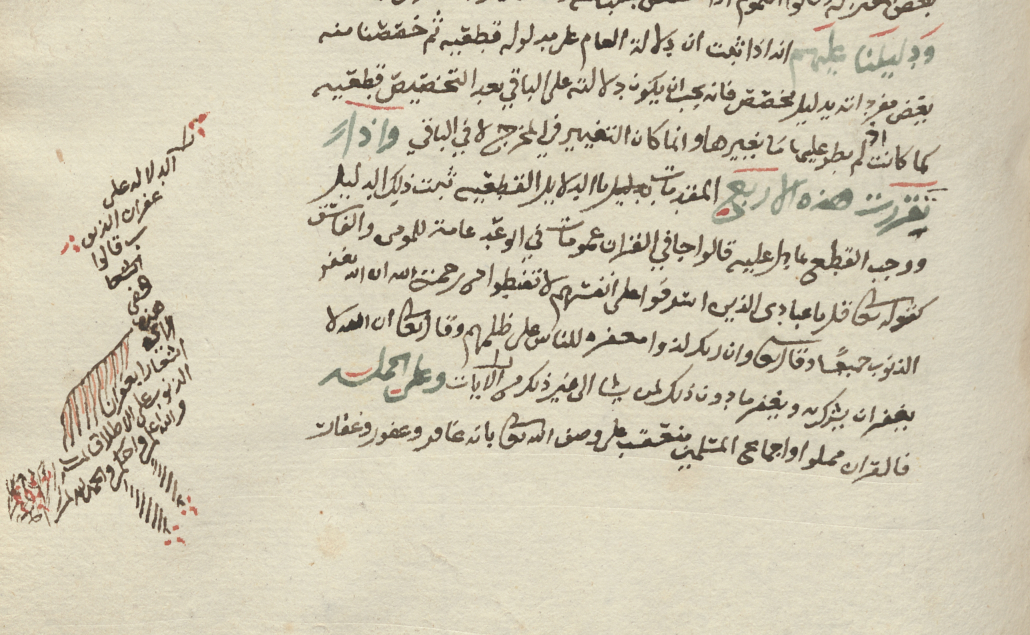
The Zaydi literary tradition is among the richest and most variegated traditions within Islamic civilization and at the same time one of the least studied. The literary production by Zaydi scholars stretched over more than one thousand years covering a wide spectrum of traditional disciplines, such as law and legal theory, exegesis, Qur’anic sciences and traditions, geography and encyclopedias, medicine and mathematics, history and biography, grammar and philology, theology and literature (prose as well as poetry). Moreover, Zaydis were at all times intimately familiar with the relevant intellectual strands beyond the confines of Zaydism and actively engaged in them, and the typical library of a Zaydi scholar would comprise not only works belonging to his own religious tradition but also an array of titles of authors from other communities (Sunni, Twelver Shii, Ismaili).
It is fortunate that the majority of Zaydi literature is still extant, mostly in the form of manuscripts. On the downside, the Zaydi manuscript tradition is widely dispersed. The most significant and by far largest collections of Zaydi manuscripts are housed by the many public and private libraries of Yemen (estimates range between 40,000 to 100,000 manuscripts). In addition to this, several European libraries own considerable numbers of Zaydi manuscripts (about 10,000 manuscripts), as is also the case with North American libraries (less than 1,000 manuscripts). Of great importance are also the many libraries of the Middle East, especially in Egypt, Saudi Arabia, Turkey, Iran and Iraq, and other places. In view of the poor state of scholarship in the area of Zaydi studies, the challenges that result from the significant dispersal of the material, and the disastrous situation in present-day Yemen, the tasks at hand are threefold, namely “preserving” and “studying” the Zaydi manuscript tradition, and “democratizing” the access to these materials. To varying degrees, the Zaydi Manuscript Tradition (ZMT): A Digital Portal address all three of them.
Zuletzt wurden z.B. 214 Handschriften aus der Staatsbibliothek zu Berlin ergänzt.
